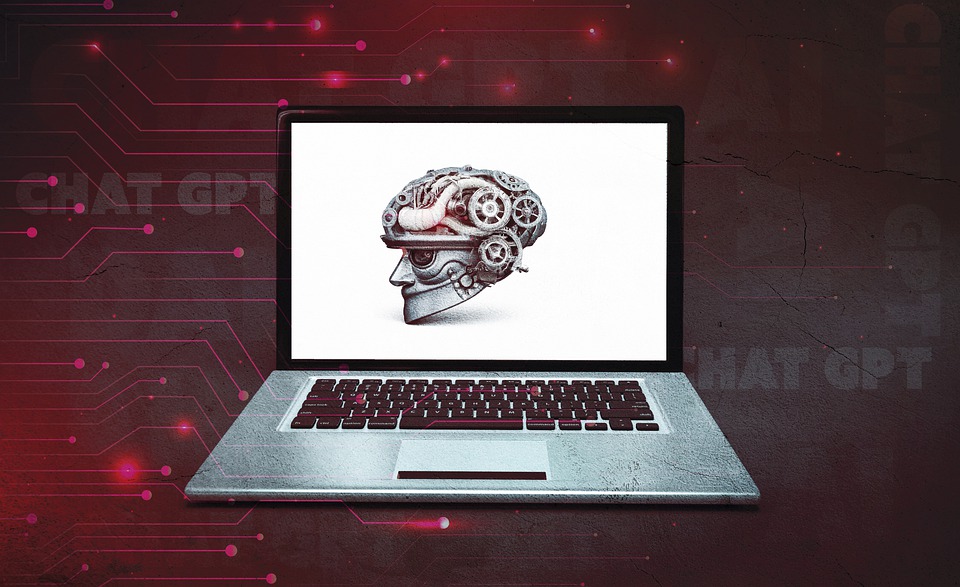The Rise of Artificial Intelligence in Today’s World
In recent years, artificial intelligence (AI) has become a hot topic in technology and business industries. With advancements in machine learning and big data, AI has been integrated into various aspects of our daily lives, from virtual assistants like Siri and Alexa to self-driving cars and personalized recommendations on streaming services.
Understanding Artificial Intelligence
Artificial intelligence refers to the simulation of human intelligence in machines that are programmed to think and act like humans. AI systems are capable of learning from data, identifying patterns, and making decisions based on their analysis. This ability to learn and adapt sets AI apart from traditional computer programs.
Types of Artificial Intelligence
There are three main types of artificial intelligence: narrow AI, general AI, and superintelligent AI. Narrow AI, also known as weak AI, is designed to perform a specific task, such as speech recognition or image classification. General AI, or strong AI, is capable of performing any cognitive task that a human can do. Superintelligent AI surpasses the cognitive abilities of humans and is still a theoretical concept.
Applications of Artificial Intelligence
Artificial intelligence has a wide range of applications across various industries, including healthcare, finance, marketing, and transportation. In healthcare, AI is being used to analyze medical images, predict patient outcomes, and personalize treatment plans. In finance, AI is being used for fraud detection, risk assessment, and algorithmic trading. In marketing, AI is being used to analyze consumer behavior, personalize content, and optimize advertising campaigns. In transportation, AI is being used to improve traffic flow, optimize routes, and develop autonomous vehicles.
Challenges of Artificial Intelligence
Despite its benefits, artificial intelligence also poses challenges in terms of ethics, biases, and job displacement. AI systems can perpetuate biases present in the data they are trained on, leading to unfair and discriminatory outcomes. Additionally, the integration of AI into various industries has raised concerns about potential job losses as automation replaces human workers.
The Future of Artificial Intelligence
As AI continues to evolve, it is important for policymakers, researchers, and industry leaders to address these challenges and ensure responsible development and deployment of AI technologies. Ethical considerations, transparency, and accountability are crucial in shaping the future of artificial intelligence.
In conclusion, artificial intelligence has the potential to revolutionize the way we live and work. By harnessing the power of AI responsibly, we can unlock new possibilities and drive innovation in the digital age. Whether it’s improving healthcare outcomes, enhancing customer experiences, or optimizing business operations, AI is shaping the future of our society.

